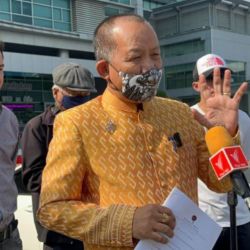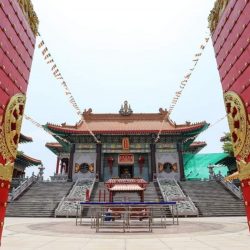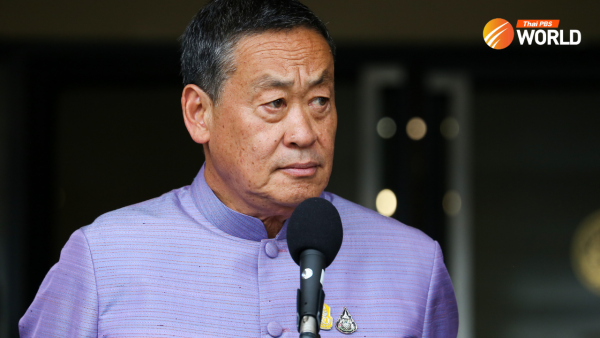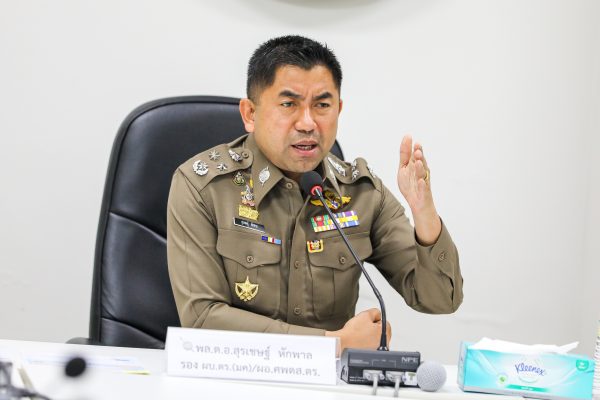Court verdict deals with crux of matter
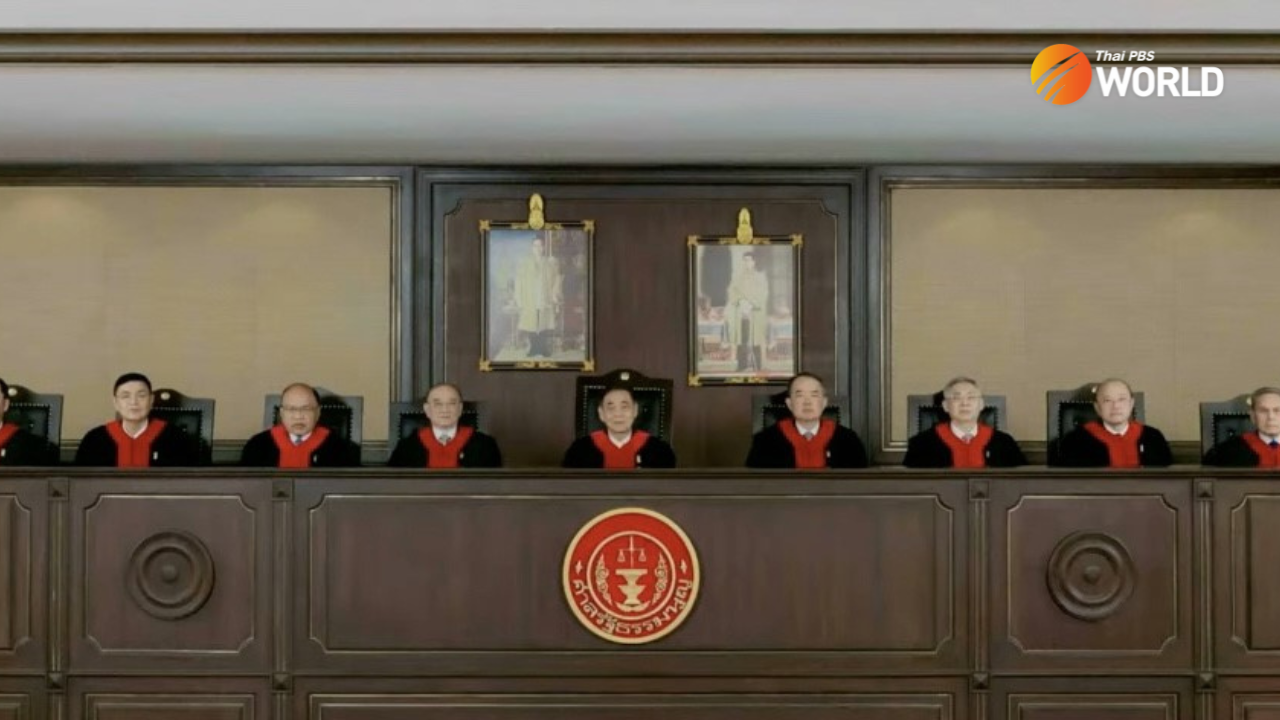
If Move Forward was a rebellious teenager and its rivals were the parents, Wednesday’s ruling by the Constitutional Court was a “You are grounded” order, to say the least. No outsider can really tell who is right and who is wrong.
Ones can be forgiven if they think the ruling was a lot stronger than “You are grounded”. The wording was close to physical slapping, actually. It paves the way for further legal actions that can bring about very serious consequences.
It’s “You are grounded” because since the court says that what Move Forward has done is undoubtedly wrong, it shall never be repeated again. It’s close to face-slapping because Move Forward, apart from feeling hard done by, can end up at the wrong end of a crackdown being cooked up by those opposed to its ideas.
The court’s ruling delves into the chief characteristic of the Thai political system, the Constitutional Monarchy, which blended parliamentary democracy with the royal family and turned them into national security and sovereignty altogether. Such a mixture has been contentious from Day One, when Thailand switched from Absolute Monarchy to what it is nowadays.
The court practically ruled that Article 112 is an integral part of the Thai system. (Just as the parts about elections and the requirement that administrative rulers must have majority support in Parliament.) It deemed Move Forward’s alleged attempts to downgrade defamation cases against the monarchy as having negative effects on one of the two pillars of the Thai political foundation.
“Since it is constitutionally stated that the Thai system is Constitutional Monarchy, the royal institution is important to national security,” the court said. “The Thai nation and Thai kings are what unify the people of the nation and maintain the harmony of the people in the country.”
Wrongdoings against the royal institution “are therefore wrongdoings committed against national security” and cannot be classified in the same way as other wrongdoings, according to the court.
The verdict is remarkable particularly when real powers of the Thai monarchy are put into perspective. While the ruling appears harsh against Move Forward, the Thai monarchy actually holds little administrative, legislative and judicial power. For example, if it is up to the monarchy, Pheu Thai’s Bt500 billion borrowing bill can be in doubt. Court rulings, executive orders or parliamentary decrees are handed down with royal stamps of approval, but that is pretty much it. Judges, MPs and Cabinet members effect their decisions practically independently.
“Constitutional Monarchy” is also known as “Limited Monarchy” or “Democratic Monarchy” allowing the institution in other places to have a say in national affairs more than in Thailand. The Thai Constitutional Court’s strong wording, therefore, seems to lend much importance to the culture of respect, guidance, ancestral values and unification.
The mixture of guidance and freedom was meant in 1932 to be a compromise. Unfortunately, it almost immediately turned out to be a source of ideological conflict that still plagues Thailand today. The simplest thing to say is that everyone wants freedom but disagrees with the others on how much and how soon.
On Wednesday, the court appeared to say: “Full ‘freedom’? Not yet.”
But that is not the biggest picture. While “Not yet” is a slap on the wrist, or a “You are grounded” parental command, bigger punishment can follow. The court mentioned “credible” evidence of sneaky activities of legislative or public campaign natures that made the party’s electioneering look systematic against Article 112.
In the court’s words, “there have been forums, events, online campaign and (announced) election policies” in regard to attempts to change the law. It’s this court observation that makes many think that big legal complaints against Move Forward are around the corner and thus fueling the already-heated ideological war.
What happens next will depend on the interpretations of all parties concerned of “Constitutional Monarchy”. The judges have made clear theirs, but how the opinion will affect the thinking of Move Forward and its supporters regarding Article 112 remains to be seen.
One great food for thought is materialising in America, where a constitutional debate is raging on whether the state of Texas can defend itself against an “invasion” of illegal migrants from other countries particularly Mexico. Texas says it wants to create its own security whereas the federal government in Washington is insisting that it is its job to provide such security to Texas.
In many way, the debate looks like the Thai one, in spite of the fact that Thailand has monarchy and America has presidency. Is Texas mature enough to defend itself? How much independence should the White House give the big state? What is provocation and what is innocent expression of freedom?
Is the United States’ supreme court wrong in saying that Texas was going too far in unilaterally laying razor wires along its border to prevent illegal migration? If Texas is wrong, why are so many American states siding with it?
Is Texas being sneaky and hiding some malicious agenda behind the razor wires?
And, just like in Thailand, the parental White House wants to ground Texas the teenager. Also, just like in Thailand, future punishment can be harsher. But by the looks of things, if Texas the teenager is slapped, he will slap back.
By Tulsathit Taptim

